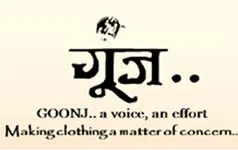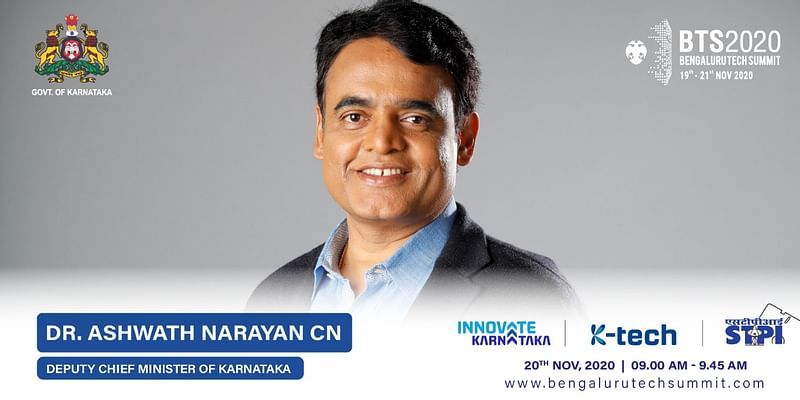Tata Jagriti Yatra - Goonj - Concern for Clothing, Delhi
Monday January 10, 2011 , 4 min Read

India is the second largest exporter of rice and the fifth largest exporter of wheat, yet 230 million people in this country go to bed hungry everyday. 61000 tonnes of grain was allowed to rot during last year’s monsoons. This could have fed at least 12 million people for a month. In India, hunger, education and health are always looked at as the most pressing challenges. What we often neglect is the need for clothing. Why is it that we have accepted unclad children as our best portrayal of rural India? Why is it that we don’t look twice when passing a naked infant in the arms of an urban beggar? In our race towards ‘bigger’ goals, we have forgotten the most basic right to clothing. That is just what Goonj, as a social organization seeks to remind us.Tata Jagriti Yatra visited Goonj in Sarita Vihar. Anshu Gupta, the man behind Goonj is a New Delhi based activist and an Ashoka fellow. He spoke to the Yatris and moved them deeply with his poignant speech. Anshu explained his ideas “We think of ‘charity’ when disaster strikes. That is when we start ‘donating’ clothes to those in affected areas. To think of it, it is not really donating. You are only ‘discarding’ the clothes that you don’t need. If earthquake is a disaster and flood is a disaster, why is winter not a disaster? People never die because of the cold. They die because of lack of clothing. I was in Old Delhi on a winter day and found a man called Habib Bhai whose rickshaw advertised for people to come and deposit dead bodies. Finding it strange, I decided to spend some time with him. I realized that he was collecting almost 10-12 dead bodies everyday on a rickshaw within a radius of 4-5 kilometers in old Delhi. Sometimes, when he would collect a dead body in the evening and the cremation centre would be closed, his 5-6 years old daughter would hug the dead body and sleep, saying that it’s okay as these bodies don’t move.”

In such a country where death due to lack of clothing in winters is so common, creating a concern for cloth is critical. Anshu cited another example of women in remote areas, where they don’t have even a single piece of cloth to use during menses, “Countless women in India use dirty, useless cloth during the 5 days of menses in India, leading to many infections and diseases. One woman who used a piece of blouse died of tetanus because of the hook inside.”
Given that clothing is probably one of the most important needs for survival and yet one of the most undermined ones, what is it that Goonj does? Goonj is a unique resource mobilization initiative providing clothes and other basic amenities to millions in the far flung villages. Initiated with 67 clothes, today over 50 tonnes of material is sent across the country every month. Their programme ‘Not just a piece of cloth’ supplies sanitary pads at Rs. 3 for a pack of 5 to rural areas. Another imitative ‘Vastra Samman’ is all about channelizing various vital resources lying unutilized in urban households to rural India. Goonj is not about charity. It is about the dignity that rural India deserves too. The
Cloth for Work’ programme is a perfect example of such high thinking. Villagers get clothing in return for their work, as motivation and not as charity. They repair roads, build wells, school boundaries, etc. A major benefit of this innovative plan is to create a sense of belongingness. Villagers tend to care more for the structures they have built as against those built for them by an external agency.
Even for schools, Goonj has developed a concept called S2S. In ‘School to School’, what Goonj does is to encourage urban schools to send their used materials whether school bags, bottles, pencil boxes, etc to them, which they in turn send to rural school children. Yet, though Goonj is not ‘creating’ anything new, they are a key link to meet the resource crunch in rural India. Logistics takes up a huge chunk of the overall effort. Ask Anshu and he will tell you how army tanks are used to supply materials to places like Kashmir. What sets this initiative apart from any other is the way simple ideas have been used to make a dignified living possible for so many across India. Running entirely on voluntary strength, Goonj means much more to me than cladding the naked population. It is about ensuring the most basic of rights and doing it in the simplest and yet, the most innovative ways possible!
- Unnati Narang






![[Funding alert] Bengaluru-based LAVAL raises pre-Series A round from Jazal Group](https://images.yourstory.com/cs/2/b3bfb136ab5e11e88691f70342131e20/Imagedjw1-1605166880753.jpg)
![[TechSparks 2020] Robust tech and architecture helps Zoom support over 3 trillion meeting minutes in a year](https://images.yourstory.com/cs/2/a9efa9c02dd911e9adc52d913c55075e/Screenshot2020-10-30at2-1605004421972.png)


